DIVERSIFIED AGRICULTURE TRANSLATES INTO BETTER LIVELIHOOD IN XINJIANG

Mamatjan Hgni, 28, was born in Hadadun village, Gulebag township, Yuli county, Bayingoleng autonomous prefecture, in Northwest China's Xinjiang Uygur autonomous region. He has been engaged in cotton cultivation all year round.
In 2017, Yuli county promoted its leading agricultural enterprises to sign land transfer agreements with farmers, breaking the traditional planting model and allowing cotton farmers to embrace diversified economic models.
In March 2020, Mamatjan, who no longer grows cotton, came to work at a freshwater fish farm near the Lop Lake on the strength of recommendation from a friend. Lop Lake is a natural lake formed by the water of the Tarim River in Yuli county. It is located in the northeast of the Taklimakan Desert, also known as "Sea of Death". Chu Ningning, head of the freshwater fish farm, said that with the water transfer project to the lower reaches of the Tarim River, the ecology of Lop Lake is getting better and better, and the number of fish and crabs in the farm is gradually increasing.
After working in the farm for more than half a year, Mamatjan is now a skilled crab catcher. With the income from the part-time job and land transfer combined, his annual income is nearly 100,000 yuan ($14,701). He sets himself a goal: In five years, before his children go to elementary school, he will buy a car to take his family to travel across Xinjiang.
Photos by Zhao Ge
Xinhua
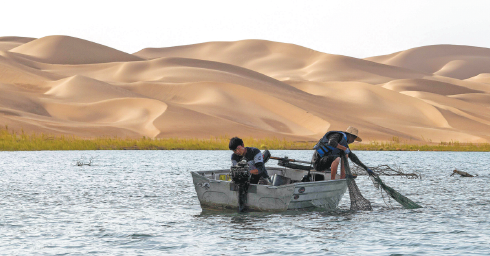
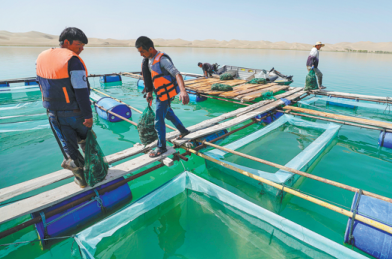
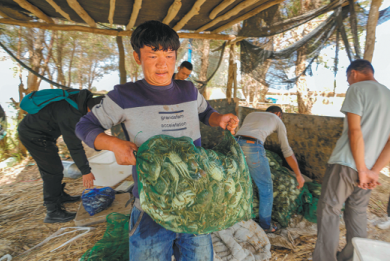
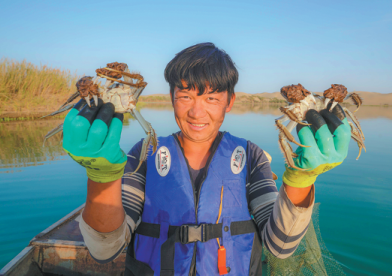
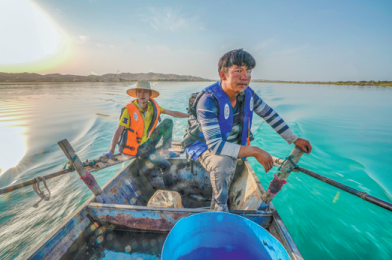
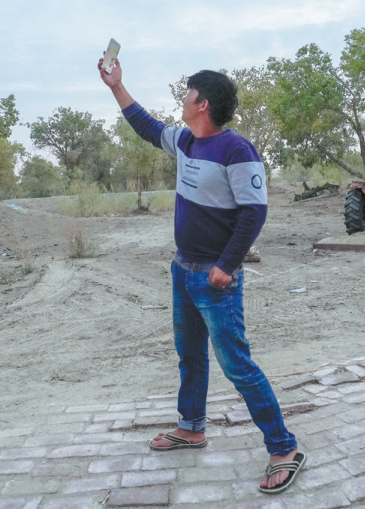
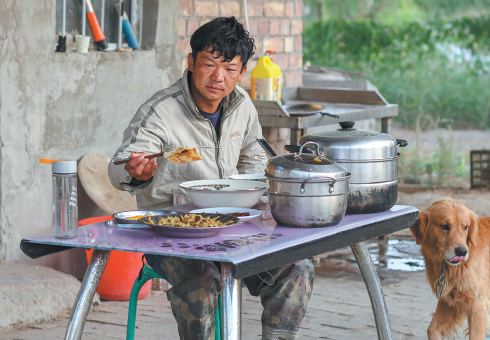
Today's Top News
- Supercarrier to be put through paces
- Game changers for China's sports industry
- Nation drives global energy transition
- Tariff-troubled US fears not-so-happy holidays
- 'Looking China' brings American youth closer to Chinese culture
- National Games start new chapter






























